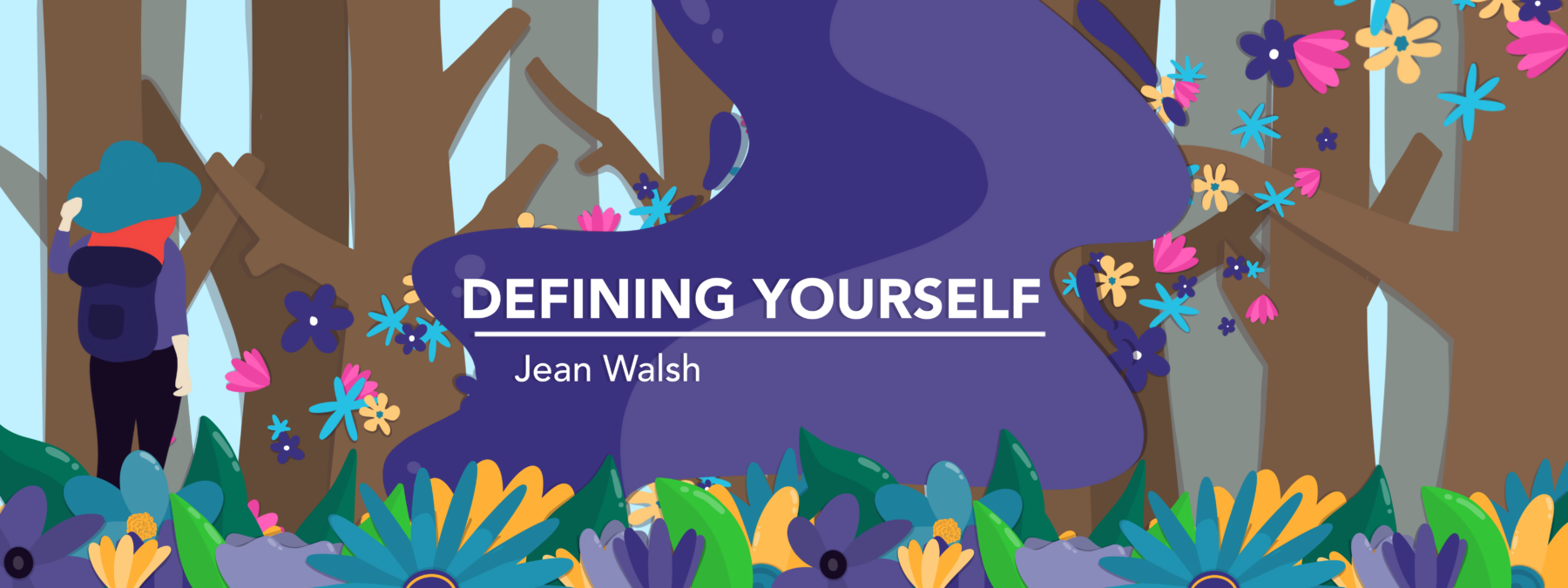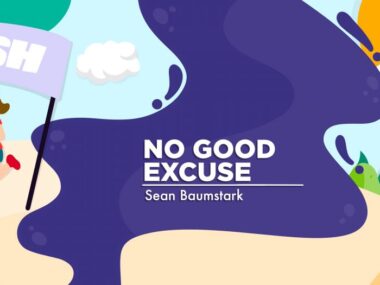How I cope with envy in life with Friedreich’s ataxia
The complex emotion can be channeled into positive action
Written by |

I have been attending a leadership training for people with rare diseases. The training is fueled by fierce moms trying to pave the way for their children to live in a better world full of cures. I am envious of those kids.
As a preface, I must say that I live with a rare disease called Friedreich’s ataxia (FA). My FA symptoms started around age 15, my diagnostic odyssey began when I was 17, and I received my official diagnosis at 19. I usually go back to my diagnosis when determining how long I’ve had FA, but I should probably also account for the first four years I was symptomatic. However, in the spirit of consistency, I’ll say I’ve been living with FA for 43 years, since my diagnosis.
Jealousy and envy are often used interchangeably, but they represent distinct emotional experiences. I often confuse them, so I will help myself by reviewing them.
Jealousy typically refers to a fear of losing something one possesses, such as a relationship or status, to another person. It may often involve feelings of insecurity and rivalry.
Envy, on the other hand, is the desire for something that someone else has, such as achievements, possessions, or qualities. W. Gerrod Parrott, a psychology professor at Georgetown University, says the emotion “comes from comparing yourself to someone else and finding them to be superior in some way.”
I never had a mom who fiercely advocated for me, so I feel envious of the moms at the leadership training. My mom, who died in 2016, battled addiction. She could barely advocate for herself, and was never able to do so for me. I can’t tell you how many times I wished for that advocate mom, the mom I could never have.
Importantly, my mom received treatment and remained sober for the last 18 years of her life. She was a good person struggling with many demons. It took years of effort for me to understand that and manage my anger toward her.
Her sobriety began when I was 38. However, I truly needed her during those early years of being symptomatic and diagnosed, as well as during my early 20s, when I was figuring out how to move forward with FA. She did one important thing during that time: She ensured that I saw excellent doctors.
At 62, I still envy advocate moms. I want every single kid with a rare disease to have one! Those moms make the world better for everyone.
Trying to use my envy for good
My envy could eat away at me, or I could let it guide me. I have chosen the latter.
Envy, a complex emotion, has traditionally been viewed as a negative force, often linked to feelings of inferiority, resentment, and hostility toward others. This is supported by numerous studies that emphasize the harmful effects of envy on mental health and interpersonal relationships. For example, a study published in Psychiatry Investigation found that individuals who experience high levels of envy are more likely to struggle with depressive symptoms and decreased resilience.
Conversely, what is referred to as benign envy in psychology can act as a positive motivator. When directed constructively, envy can inspire people to improve themselves and achieve their goals.
I have never had, nor will I ever have, an advocate mom, but my envy tells me that advocacy is crucial for me. In the process of being my own advocate, I can also advocate for others. I can channel my envy for good.
I chose the advocate mom because it serves as a recent example of my envy. This emotion is often my companion because I long to be healthy and not have FA, and healthy people surround me. I try to channel that into staying as healthy as possible for as long as I can.
One thing I remind myself is that my contentment lies in gratefully living the life I’ve been given — one with FA and an alcoholic mom. My life is filled with joy and includes many amazing people, but I also face some challenging circumstances. Only I define myself; therefore, I am thankful for the envy that drives me to be the best I can be. I am also grateful that I can extend myself grace when envious thoughts are harsh.
I highly recommend the free Global Genes leadership training. It is online, allowing you to catch up on videos from past sessions and participate in upcoming ones. Maybe I’ll see you there.
Note: Friedreich’s Ataxia News is strictly a news and information website about the disease. It does not provide medical advice, diagnosis, or treatment. This content is not intended to be a substitute for professional medical advice, diagnosis, or treatment. Always seek the advice of your physician or another qualified health provider with any questions you may have regarding a medical condition. Never disregard professional medical advice or delay in seeking it because of something you have read on this website. The opinions expressed in this column are not those of Friedreich’s Ataxia News or its parent company, Bionews, and are intended to spark discussion about issues pertaining to Friedreich’s ataxia.




Susan
I understand how you would have reason to envy those with fierce advocate moms, or people who don't have FA. But I am happy for you because your progression has been slow enough that you are still among us at 62! I used to tell my son, Michael Smith, that he was lucky to have late onset/slow progression FA, but of course he would point out that he did not feel "lucky" to have FA in the first place. He lived to age 53, contending with FA until January 2024.
Your insights are very well expressed, and I wish you all the best as you continue to prevail.
Jean Walsh
First and foremost, I am so sorry you lost your Michael, Susan. FA is not fair and is relentless. I do consider myself lucky -- my mantra is I am not lucky to have FA, but I am lucky how I have FA. Thank you for taking the time to comment. All the best, and thank you for being an advocate mom; the world needs them!
Jean